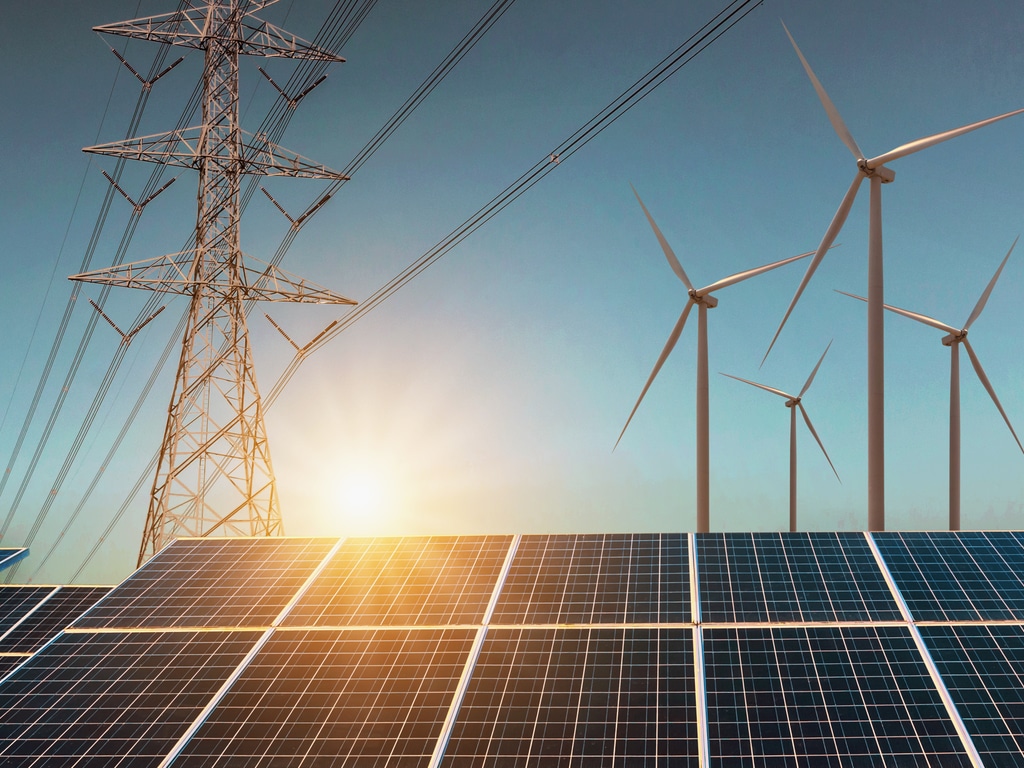The cooperation between the African Development Bank (AfDB) and the International Renewable Energy Agency (IRENA) aims to increase investments in renewable energy in Africa. An already very dynamic sector, boosted by investments from private actors. The AfDB wants to go further, with the goal of achieving universal access to affordable, reliable, sustainable and modern energy in Africa by 2030.
To achieve this sustainable development goal, the two institutions have signed a declaration of intent to coordinate a series of activities, including co-organizing renewable energy investment forums as part of Irena’s contribution to the Climate Investment Platform, and collaborating on the AfDB’s annual flagship event, the Africa Investment Forum. The partnership will also focus on strengthening the role of renewable energy in African countries’ national contributions to the Paris Climate Agreement and other sustainable development goals (SDOs).
Africa’s Energy Transition in Progress
“Driven by the aspiration to harness Africa’s huge renewable energy potential, the African Development Bank is now at the forefront of renewable energy investment in Africa. The Bank’s partnership with Irena will advance this aspiration and support Africa’s energy transition and our goal of achieving universal access to affordable, reliable, sustainable and modern energy on the continent by 2030,” said Kevin Kanina Kariuki, AfDB Vice President for Power, Energy, Climate and Green Growth.
The AfDB has put in place many mechanisms to finance renewable energy projects led by the public sector and private companies in Africa. This is the case of the Energy Inclusion Facility (EIF), a debt financing facility for small-scale electricity access projects, which it capitalizes with other development finance institutions as well as commercial investors.
These high-impact initiatives are helping to accelerate Africa’s energy transition. Indeed, in its recent Global Renewable Energy Outlook report, Irena points out that sub-Saharan Africa could generate up to 67% of its electricity from indigenous and clean renewable energy sources by 2030. “Such an energy transition, according to Irena’s analysis, would boost gross domestic product (GDP), improve welfare and help create an additional 2 million green jobs in the region (Africa) by 2050,” the AfDB says.
Jean Marie Takouleu
